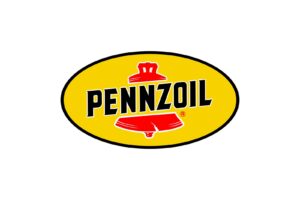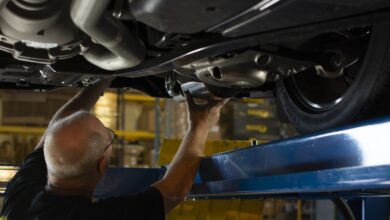Pennzoil Partners with NLCRC on Container Recycling Efforts
 In an effort to avoid and reduce emissions, Pennzoil is working with the National Lubricant Container Recycling Coalition (NLCRC) to tackle recycling of plastic containers, the company announced.
In an effort to avoid and reduce emissions, Pennzoil is working with the National Lubricant Container Recycling Coalition (NLCRC) to tackle recycling of plastic containers, the company announced.
The industry-led technical coalition was established in 2021 by a team of lubricant and associated plastic packaging manufacturers that are focused on creating programs for post-consumer plastic recovery and recycling of plastic lubricant containers, the organization said.
The goal of this coalition is to establish a market-sustaining program in the United States. Pennzoil is taking a leadership role in the effort through product design, sourcing and delivery as part of a circular economy, the company said.
Pennzoil will be limiting waste through the following actions:
Reducing, reusing, and recycling packaging across our supply chains, and looking at different and more sustainable packaging to drive the development of a more circular economy.
Shell Lubricants is replacing the Nylon component in its Ecobox bladder bag which is non-recyclable with EVOH (ethylene-vinyl alcohol copolymer), a recyclable material. This change allows the bladder bag to retain its durability and integrity. Shell Lubricants is also exploring process technologies that transform post-use plastic into useful liquids that could be used as a source of energy, as chemicals or as new products.
Shell is using a liquid feedstock made from plastic waste in its chemical plant in Norco, Louisiana to make a range of chemicals that are the raw materials for everyday items. The liquid, supplied by Nexus Fuels, is made from hard-to-recycle plastic waste via a specialized heating technique called pyrolysis. Pyrolysis is a chemical recycling process of heating plastic waste without oxygen such that it breaks down the longer chain polymers into shorter chain materials. These products can then be further processed into chemicals feedstocks or fuels. Pyrolysis can be more effective than the traditional mechanical recycling process of melting as it does not degrade the quality of the final plastic and requires less intensive sorting of the initial waste.



